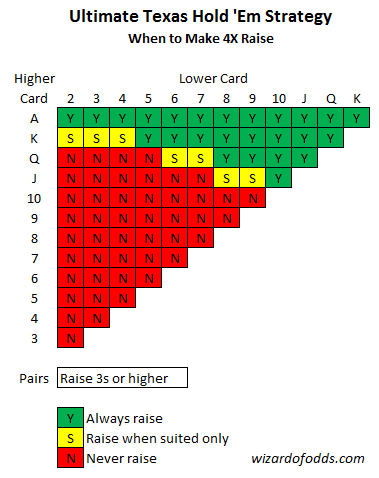When it comes to the world of poker, Texas Hold’em is one of the most popular and widely-played variations. Whether you’re a beginner looking to improve your skills or an experienced player seeking to take your game to the next level, mastering Texas Hold’em requires a blend of strategy, skill, and a bit of luck. In this article, we will explore some key strategies and tips that can help you achieve success at the poker table.
Understanding the Basics
Before diving into advanced strategies, it’s important to have a solid understanding of the basic rules of Texas Hold’em. The game is played with a standard deck of 52 cards and can accommodate 2-10 players. Each player is dealt two private cards (known as hole cards), and five community cards are dealt face-up on the table. The goal is to make the best five-card hand using a combination of your hole cards and the community cards.
Starting Hand Selection
One of the most crucial aspects of Texas Hold’em strategy is starting hand selection. The strength of your starting hand will significantly impact your chances of winning the hand. While it can be tempting to play every hand, it’s important to be selective and only play strong starting hands. Some of the best starting hands include pocket pairs, high cards, and suited connectors.
Positional Play
Another key strategy in Texas Hold’em is positional play. Your position at the table relative to the dealer button can have a significant impact on your decision-making. Players in later positions have an advantage as they have more information about the actions of their opponents. Use your position to your advantage by playing more aggressively when you are in a late position and more cautiously when you are in an early position.
Bluffing and Mind Games
Bluffing is an essential part of poker strategy, but it should be used sparingly and strategically. Knowing when and how to bluff can be the difference between a successful bluff and a costly mistake. Pay attention to your opponents’ betting patterns and use this information to make informed decisions about when to bluff and when to fold.
Bankroll Management
Bankroll management is often overlooked but is a critical aspect of poker success. It’s essential to set a budget for your poker playing and stick to it. Avoid chasing losses and playing with money you can’t afford to lose. A disciplined approach to bankroll management will help you weather the inevitable ups and downs of poker and ensure that you can continue playing in the long run.
Continuous Learning
Lastly, one of the most important strategies for success in Texas Hold’em is continuous learning. The poker landscape is constantly evolving, and staying ahead of the competition requires a commitment to improving your skills and staying up-to-date on the latest trends and strategies. Take advantage of resources such as books, online tutorials, and poker forums to hone your skills and stay ahead of the competition.
Conclusion
Mastering Texas Hold’em requires a combination of skill, strategy, and a bit of luck. By understanding the basics, practicing sound bankroll management, and continuously learning and improving your skills, you can increase your chances of success at the poker table. Remember to stay disciplined, be patient, and most importantly, have fun!
